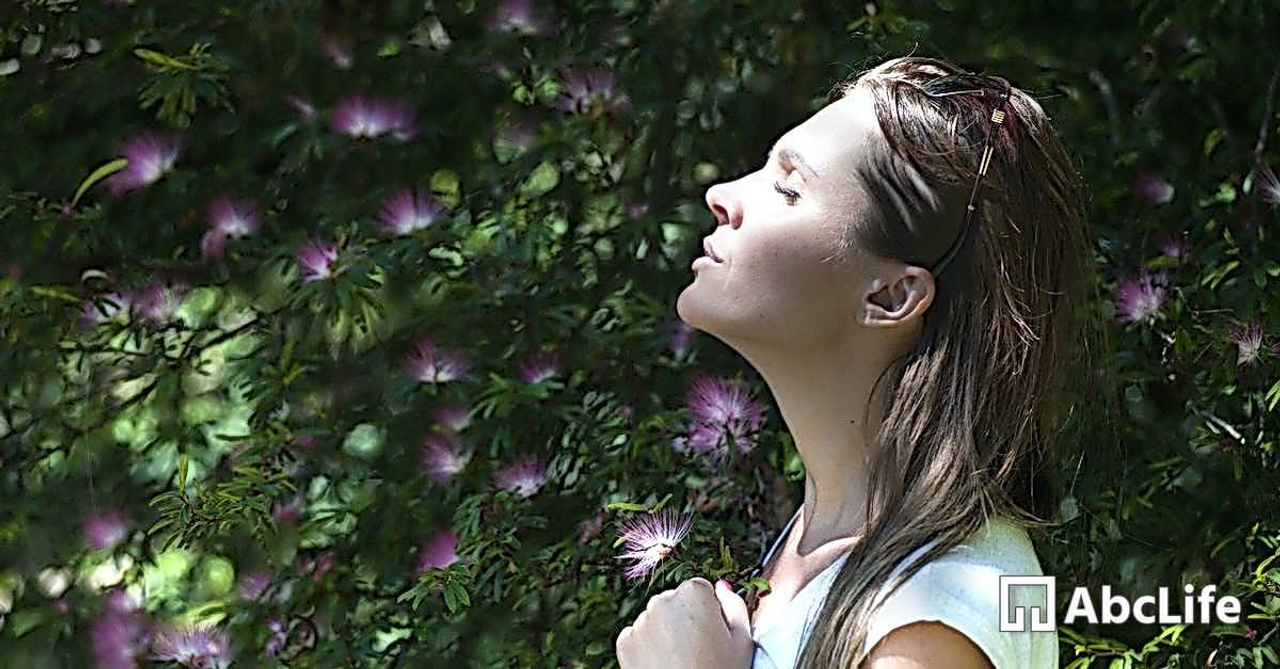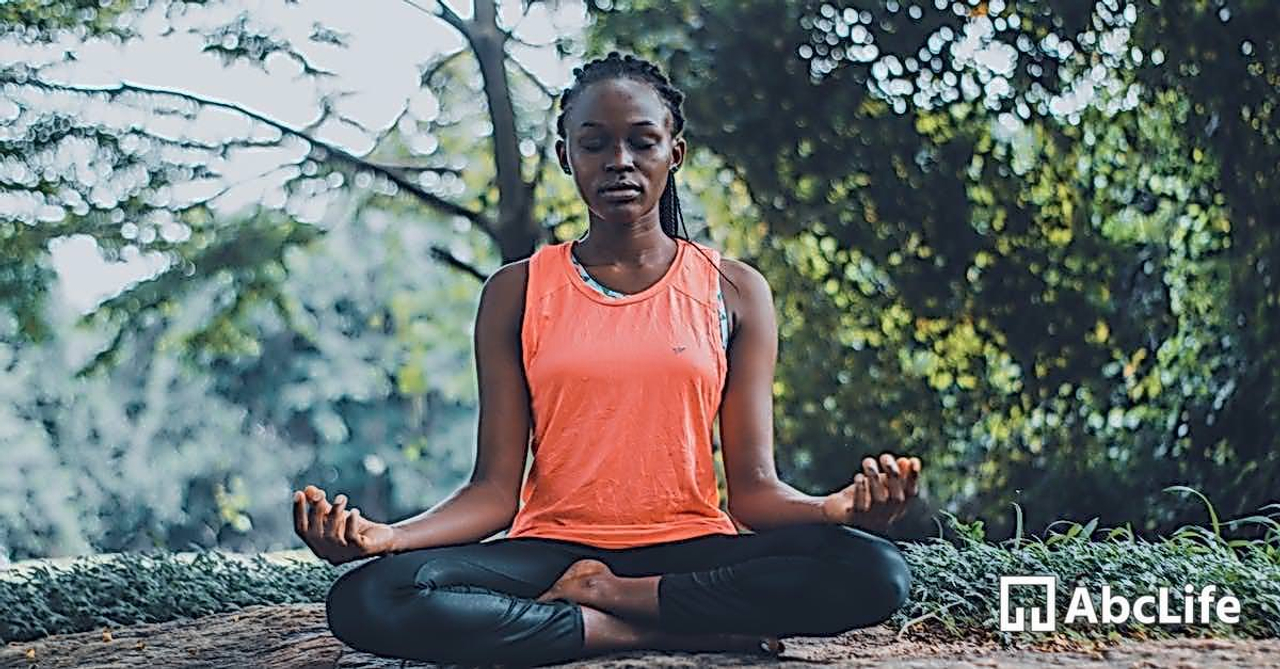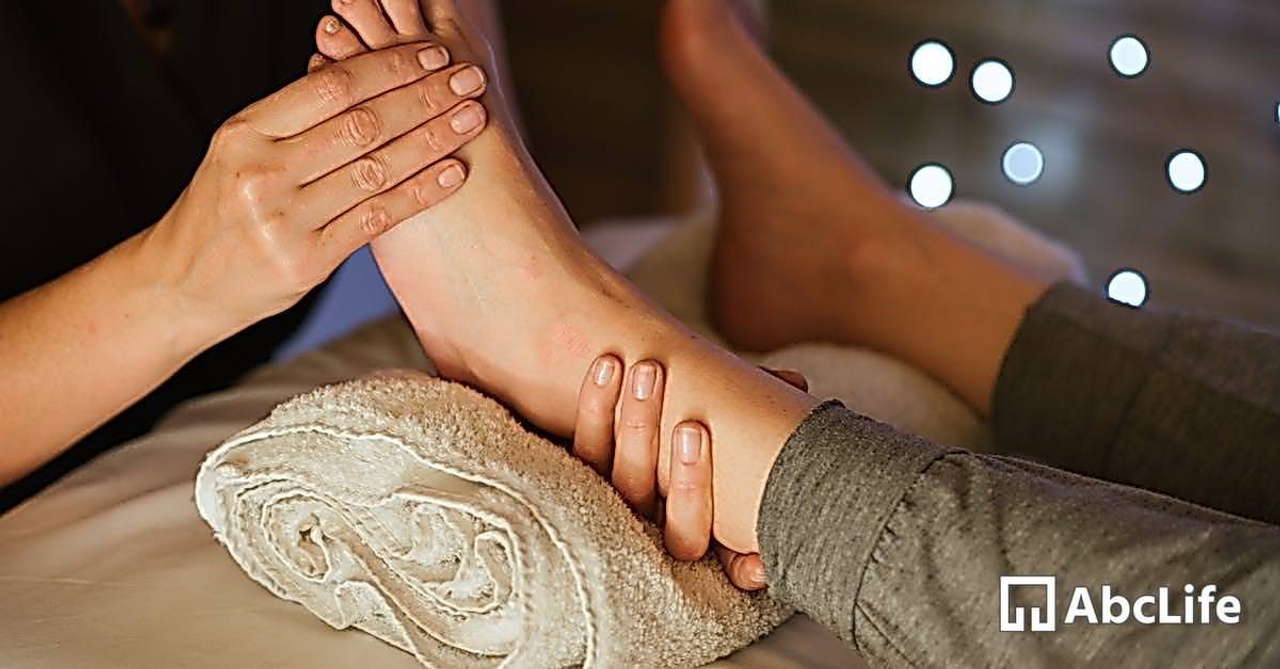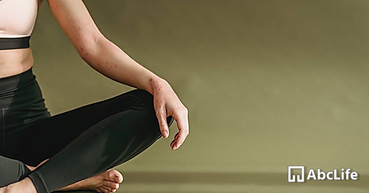Welcome to the ultimate guide to stress-relieving relaxation techniques. In today's fast-paced world, stress has become a widespread issue affecting millions of people. Stress can have a significant impact on our physical and mental well-being, whether it is caused by work pressures, relationship issues, or financial concerns. Fortunately, there are a variety of relaxation techniques available to help relieve stress and promote a sense of calm and tranquillity. We will look at seven effective relaxation techniques that you can incorporate into your daily routine to relieve stress and achieve a greater sense of relaxation and well-being.
Deep Breathing

Deep breathing is one of the most basic and effective relaxation techniques. When we are stressed, our breathing becomes shallow and rapid, contributing to feelings of anxiety and tension. Deep breathing entails inhaling slowly and deeply through the nose, filling the lungs, and then slowly exhaling through the mouth. This technique increases brain oxygen flow and activates the body's relaxation response. Find a quiet, comfortable place to practice deep breathing. Close your eyes and concentrate on your breath as you sit or lie down in a relaxed position. Deeply inhale, allowing your abdomen to rise, and slowly exhale, feeling the tension leave your body with each breath. Repeat for a few minutes, focusing solely on your breath and letting go of any thoughts or distractions.
The 4-7-8 technique is another variation of deep breathing. This technique entails inhaling for four counts, holding the breath for seven counts, and exhaling for eight counts. This breathing pattern helps to slow the heart rate and activate the body's relaxation response. Use this technique for a few minutes every day or whenever you feel stressed.
Deep breathing can help to reduce stress, promote relaxation, and increase feelings of calmness in your daily routine. It is a simple yet powerful tool that can be used at any time and in any place.
Meditation

Meditation has been practiced for centuries to promote relaxation and inner peace. It entails focusing the mind and removing the stream of thoughts that frequently causes stress and anxiety. Meditation can be practiced in a variety of ways, such as sitting quietly and focusing on the breath, repeating a mantra, or visualizing a peaceful scene. The key is to find a technique that works for you and to practice it on a regular basis.
Find a quiet and comfortable place where you won't be disturbed to begin your meditation practice. Close your eyes and focus on your breath as you sit or lie down in a relaxed position. Take note of how your breath enters and exits your nostrils. If your thoughts begin to wander, gently bring them back to the breath. Begin with a few minutes of meditation per day and gradually increase the duration as you gain confidence.
Meditation has been shown in studies to reduce stress, lower blood pressure, and improve overall well-being. It can also improve concentration and focus, as well as increase feelings of happiness and contentment. Make meditation a part of your daily routine to reap the many benefits it has to offer.
Progressive Muscle Relaxation
Progressive muscle relaxation is a technique in which different muscle groups in the body are tensed and then relaxed. You can promote deep relaxation and release physical tension associated with stress by systematically tensing and releasing muscle tension.
Find a quiet and comfortable place to lie down to practice progressive muscle relaxation. To relax your mind, close your eyes and take a few deep breaths. Start by tensing the muscles in your forehead and holding the tension for a few seconds before completely releasing it. Tension and release each muscle group in sequence as you move down to your jaw, neck, shoulders, arms, hands, chest, abdomen, buttocks, legs, and feet. Notice the sensation of relaxation as you release tension from each muscle group and let go of any remaining tension. Take your time and pay attention to your physical sensations.
Progressive muscle relaxation is a useful technique for relieving physical tension and promoting general relaxation. Regular practice can help reduce muscle stiffness and soreness, as well as improve sleep quality and reduce stress-related symptoms.
Yoga
Yoga is a mind-body practice that promotes relaxation and well-being by combining physical postures, breathing exercises, and meditation. It is an ancient Indian practice that has gained worldwide popularity due to its numerous health benefits.
Yoga comes in a variety of styles, but they all involve gentle stretching, controlled breathing, and mindfulness. Asanas are physical postures that help to release muscle tension and improve flexibility and strength. Pranayama, or breathing exercises, help to calm the mind and increase energy levels. Yoga's meditation component aids in the development of inner peace and tranquillity.
You can practice yoga by attending a class at a local studio or by watching online videos and tutorials. Begin with beginner-friendly classes and work your way up to more advanced levels as your body and mind adjust to the practice. Even a few minutes of yoga each day can have a significant impact on stress reduction and relaxation.
Guided Imagery
Guided imagery is a relaxation technique in which you use your imagination to create a mental image or scenario that promotes relaxation and calmness. It is possible to do this with the help of an audio recording or by mentally visualizing the scene.
Find a quiet and comfortable place to sit or lie down to practice guided imagery. To relax your body and mind, close your eyes and take a few deep breaths. Then picture yourself in a calm and serene environment. It could be a beach, a forest, or any other location that makes you feel at ease and relaxed. Try to immerse yourself in the imagery with all of your senses. As you immerse yourself in the scene, take note of the colors, sounds, smells, and sensations in your body. Allow the relaxation and calmness to wash over you for a few minutes in this mental space.
Guided imagery is a powerful tool for reducing stress, promoting relaxation, and improving overall well-being. Experiment with various scenarios to find the ones that speak to you the most.
Aromatherapy
Aromatherapy is a holistic healing practice that promotes physical, mental, and emotional well-being through the use of essential oils. Essential oils are highly concentrated plant extracts that have been used for therapeutic purposes for thousands of years.
Choose essential oils with relaxing and calming properties, such as lavender, chamomile, or frankincense, to incorporate into your relaxation routine. Essential oils can be used in a variety of ways, including inhalation, massage, and adding a few drops to a bath or diffuser. Inhaling essential oil aromas can have a direct effect on the brain and the limbic system, which regulates emotions and memories.
Experiment with different essential oils to find those that improve your mood and relaxation. In order to reap the full benefits of aromatherapy, incorporate it into your daily routine.
Laughter Therapy
For good reason, laughter is often referred to as the best medicine. Laughter therapy is a relaxation technique that involves laughing for no apparent reason. It has been shown to reduce stress, improve mood, and general well-being.
Find a quiet and comfortable place where you can be yourself to practice laughter therapy. Begin by smiling, then let the smile fade into a chuckle, and finally into full-fledged laughter. You can also try laughing exercises like pretending to laugh like a child or imitating different animal sounds. Laughter spreads like wildfire, so don't be afraid to let loose and laugh uncontrollably.
Laughter therapy can aid in the release of endorphins, the body's natural feel-good chemicals, as well as the reduction of stress hormone levels. Incorporate comedy shows, read funny books, or spend time with people who make you laugh into your daily routine. Laughing on a regular basis can have a significant impact on your physical and mental health.
Finally, stress is a widespread issue that can have a significant impact on our overall well-being. However, by incorporating relaxation techniques into our daily lives, we can alleviate stress and achieve a greater sense of calm and tranquillity. There is a relaxation technique for everyone, whether it is deep breathing, meditation, progressive muscle relaxation, yoga, guided imagery, aromatherapy, or laughter therapy. Experiment with various techniques to find the ones that work best for you. Make relaxation a priority in your life, and you will reap the profound benefits.
Exercise
Exercise is not only good for physical fitness, but it also helps with stress relief and relaxation. Physical activity on a regular basis can help to reduce anxiety, improve mood, and promote a sense of well-being.
Depending on your preferences and fitness level, you can choose from a variety of exercise options. Finding an activity that you enjoy and can incorporate into your daily routine, whether it's going for a brisk walk, jogging, cycling, swimming, or practicing yoga, is essential.
Endorphins, which are natural chemicals in the body that promote a positive mood and reduce stress, are released during exercise. It also improves cognitive function and reduces feelings of anxiety and depression by increasing blood flow to the brain.
Make it a point to engage in at least 30 minutes of physical activity five days a week. It can be as simple as going for a walk during your lunch break or doing a home workout. Find what works for you and incorporate exercise into your stress-relieving routine.
Journaling
Journaling is an effective method for self-reflection, self-expression, and stress reduction. It allows you to explore your thoughts and emotions, gain clarity, and solve problems that may be causing your stress.
Set aside a few minutes each day to write down your thoughts, feelings, and experiences to begin a journaling practice. You can keep a physical journal or an online journal. Write without fear of being judged or censored. Allow your thoughts to flow onto the pages without regard for grammar or spelling.
Journaling can take many forms. You can write about your day, express gratitude for what you value, explore your goals and aspirations, or reflect on difficult situations. The important thing is to be honest with yourself and use journaling to release emotions and gain insights into yourself and your life.
Journaling on a regular basis can help to reduce stress, improve emotional well-being, and provide perspective and clarity. Make consistent journaling a habit, and you will discover its profound benefits.
Music Therapy
Music has an uncanny ability to tap into our emotions and influence our mood. Music therapy is a relaxation technique that uses music's power to promote relaxation and stress reduction.
Make a playlist of soothing and calming music that speaks to you in order to practice music therapy. It could be instrumental music, nature sounds, or your favorite songs that help you relax and unwind.
Find a quiet, comfortable place to sit, close your eyes, and let the music wash over you. Pay attention to the rhythm, melody, and lyrics (if applicable), and immerse yourself in the music. As you listen, pay attention to the sensations and emotions that arise. Allow the music to transport you to a state of calm and relaxation.
Music therapy can be practiced at any time and in any place, including at home, the office, or while driving. Incorporate it into your daily routine and allow music to enhance your relaxation experience.
Time Management
Time management is essential for stress management and relaxation. When we feel rushed and overwhelmed, our stress levels rise, and relaxation becomes elusive.
Take the time to assess how you currently manage your time and identify areas for improvement. Create a schedule or to-do list that allows for breaks and relaxation activities. Avoid taking on too much and learn to say no when necessary.
Use time blocking to allocate specific time slots for various activities and commitments. This provides structure and ensures that you have time set aside for relaxation and stress relief.
Setting boundaries and realistic expectations for yourself is also essential for effective time management. Delegate tasks when possible, and seek assistance when necessary. It is acceptable to take breaks and prioritize self-care.
You can create a balanced and stress-free lifestyle that allows for relaxation and well-being by effectively managing your time.
Social Support
It is critical for stress relief and relaxation to establish and maintain strong social connections. Spending time with loved ones, having meaningful conversations, and seeking help when needed can all have a significant impact on our overall well-being.
Make an effort to cultivate your relationships and surround yourself with people who are positive and supportive. Plan activities with friends and family that promote relaxation and enjoyment, such as taking a walk in the park, watching a movie, or sharing a meal.
When you're stressed, it's also important to seek help from others. Share your thoughts and feelings with trusted friends or family members. Talking about your stressors can sometimes help to alleviate the burden and provide a fresh perspective. If you require additional assistance, consider seeking professional help from a therapist or counselor. They can offer advice, tools, and techniques tailored to your specific needs and assist you in navigating stressful situations.










